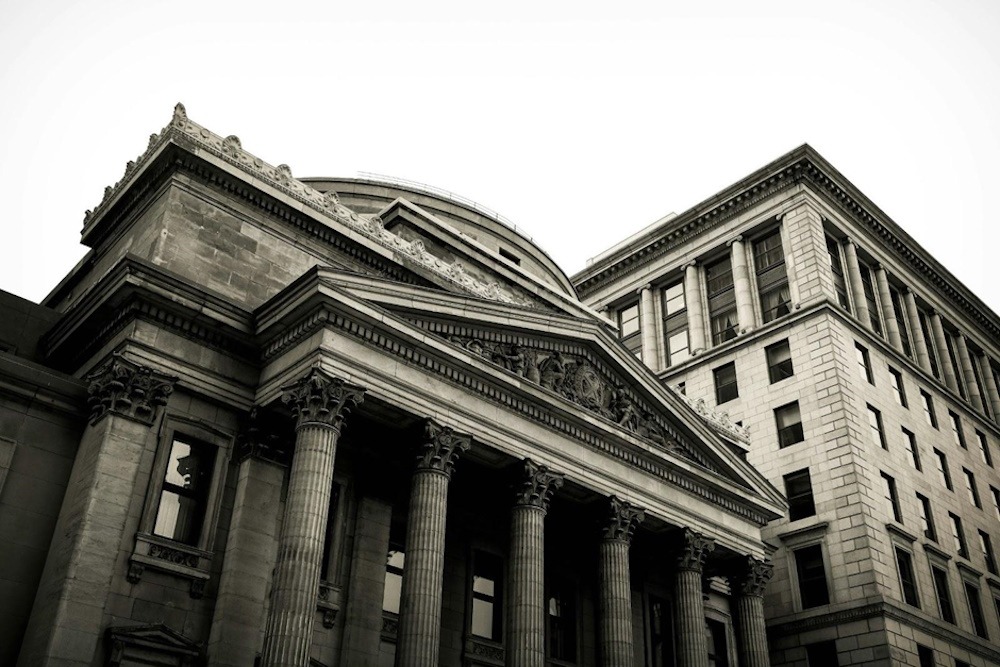There’s always something odd about the way things work around here, especially when it comes to money. You walk into a bank, and they tell you they’ve frozen crypto-related activity. Another one says they won’t open a digital account for you unless you already have an existing product. Meanwhile, others in line scroll through Telegram groups, looking for stablecoins and digital wallets that offer fewer complications. What once felt like fringe behavior is now routine. The traditional rules no longer match how people manage money today, and the frameworks meant to replace them are still taking shape.
The Central Bank of Argentina, the BCRA, keeps saying it wants to modernise the system, but it’s hard to believe when their own policies are doing the opposite. Digital banking is supposed to make things easier, but instead, people are being pushed into corners. It’s not just crypto traders who feel it. Small business owners, freelancers, and even regular households trying to move money safely online all keep hitting roadblocks.
It’s not just traditional businesses either, platforms that rely on smooth payment systems, like crypto exchanges or even digital casinos, are feeling it too. The BCRA’s restrictions have made it harder for users to connect local accounts to global services, so people have started leaning on guides like this one about real money online casino options to figure out which platforms actually let them pay and play thousands of games, enjoy swift payouts, and receive generous bonuses like welcome rewards, free spins, and cashback offers without getting stuck in some kind of verification loop.
None of this means everyone’s ready to give up on the peso or ditch the system altogether. It’s more like they’re hedging. Just a few years ago, checking the Blue Dollar rate before making a payment would have seemed unusual. Today, it has become a regular part of daily financial decisions for many.
In the same way people used to carry around a bit of cash just in case the card machines were down, they now keep USDT or Bitcoin tucked away on their phones because it might be the only way to get something done later. You adapt or you get left behind, that’s just how it is here.
The BCRA says it’s trying to protect users, stop fraud, and keep capital inside the country by discouraging crypto assets in the financial system. Maybe that’s true, but the way it’s being done feels more like a blockade than a solution. New fintechs trying to launch in Argentina either get shut out or have to jump through flaming hoops.
People who want to send or receive international payments face these weird gaps; one method works for a while, then stops without warning. Others shift to prepaid cards or third-party apps, anything that lets them get around the mess.
Some take it as just part of the local flavor. You figure it out as you go. Still, others are getting tired. They want clear rules, predictable tools, not another workaround. At co-working spaces, a common sentiment emerges: it’s not about bypassing the system, but about finding fairness in a landscape that feels increasingly restrictive. When traditional banks limit access to digital tools, they often end up pushing users toward alternative financial solutions that promise fewer barriers and more flexibility.
That’s where the danger is. Not because those alternatives are bad, but because they grow in the cracks left behind by official neglect.
It’s not about picking crypto over pesos or ditching the bank altogether. It’s about trust, access, and control. Right now, people feel like they don’t have any of that. So they look for it wherever they can find it, even if it’s in the shadowy spaces the BCRA keeps warning about. The longer the official channels stay tangled in red tape, the more normal those shadowy spaces start to feel.

